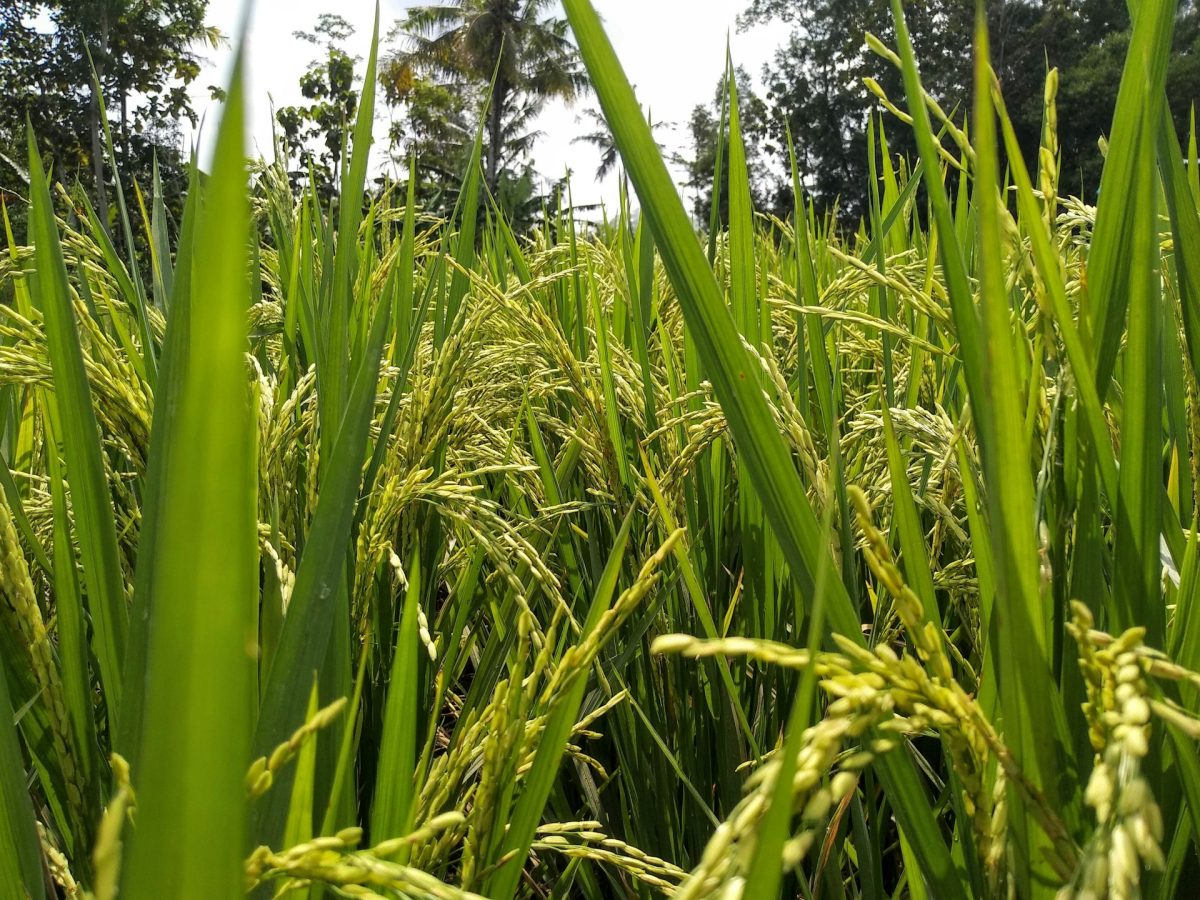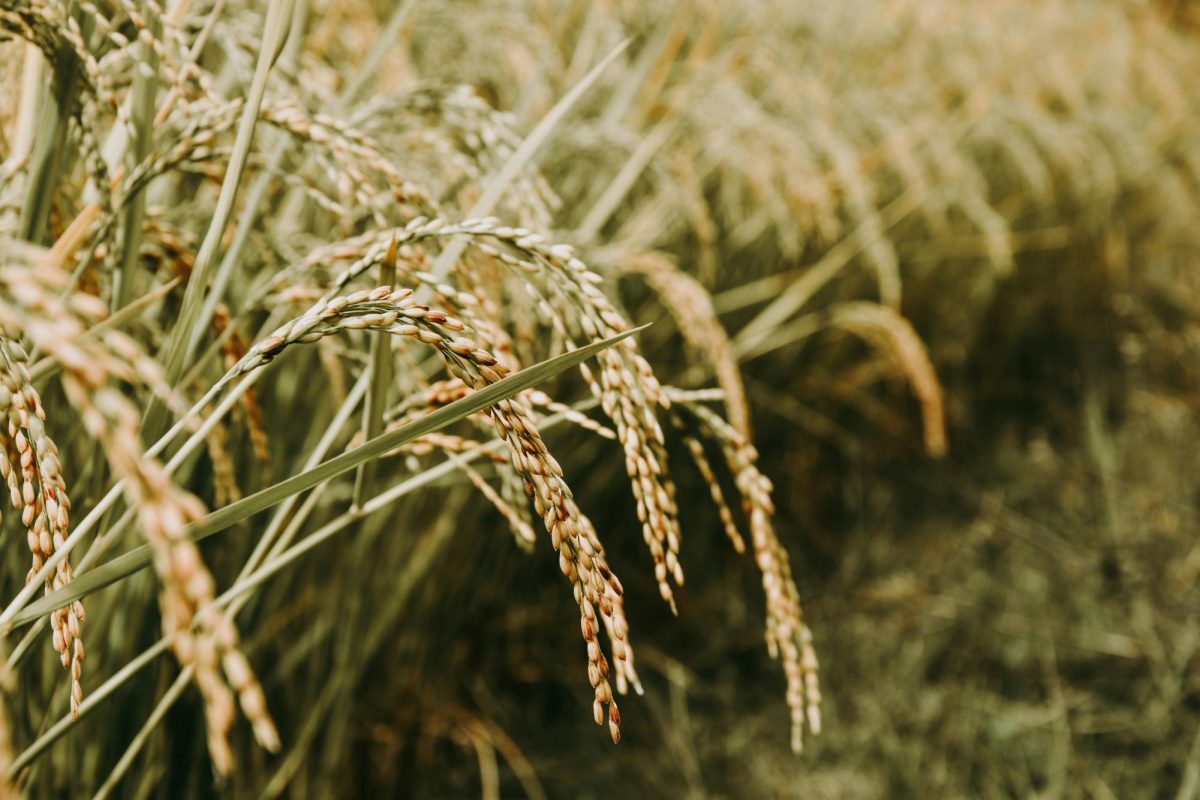The Gullah Geechee people were originally from west and central Africa, specifically in rice-growing regions. It is thought that the Gullah people were brought to South Carolina and the Geechee people were brought to Georgia as slaves through the Charleston port. Because of their experience with growing rice, they were considered to be more useful as slaves. Many of the techniques that made rice crops such an essential industry in early America came from the Gullah people. The warm temperature and unintentional disease climate led to social isolation, which led to the preservation of their culture despite the binds of slavery.
During the Civil War, the Gullah people were eager to gain and defend their freedom. Despite fighting alongside them, many Americans still did not view them as equals; however, the Gullah remained strong and played an important role in the abolition of slavery.
The Gullah language is a rich complex language. It is an English-based Creole language, using African sentence structure and loanwords. Much emphasis is placed on the preservation of this language. In 2005, the first Gullah translation of the New Testament was completed, which took more than 20 years to complete.
Today, the Gullah people are a symbol of pride for black heritage due to their rich cultural history. Their story-telling, music, folktales, cuisine, and traditions are all heavily drawn from African culture. The Rice Festival is incredibly important, as it educates about and celebrates the history and culture of the Gullah people.
The key to the future is remembering the past. I encourage all listeners to attend next year’s Rice Festival and cherish the opportunity to learn more about this wonderful group of people.
https://www.beaufortsc.org/things-to-do/gullah-culture/
https://glc.yale.edu/sites/default/files/files/origin%20of%20the%20Gullah.pdf
https://www.northcarolinaricefestival.org/2025-nc-rice-festival
















